The Next Generation Science Assessment project is a collaborative effort between WestEd, Michigan State University, the University of Illinois at Chicago, and The Concord Consortium. Read more about our projects or contact us for more information.
Principal Investigators and Institution Leads
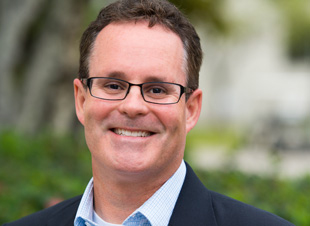
Christopher Harris
Principal Investigator
WestEd |
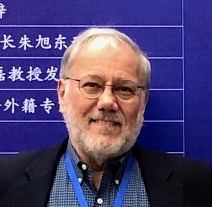
Joseph Krajcik
Principal Investigator
Michigan State University |

Jim Pellegrino
Principal Investigator
University of Illinois at Chicago |
| Christopher is a Senior Research Associate in the Science, Technology, Engineering, and Mathematics program at WestEd. His research focuses on designing and studying instructional innovations that support science teaching and learning in PK-12 classrooms and informal settings. He leads large-scale multiyear, multi-institutional research, development, and evaluation projects and has been involved in developing scalable approaches to address the Next Generation Science Standards through curricula and assessments that help teachers make learning engaging, interactive, and accessible for students of diverse backgrounds and abilities. Christopher serves as WestEd’s lead for the NGSA project. |
Joe is the Lappan-Phillips Professor of Science Education and Director of the CREATE for STEM Institute at Michigan State University. During his career, Joe has focused on working with science teachers to reform science teaching practices to promote students’ engagement in and learning of science. He focuses on developing and studying the outcomes of project based learning environments that will engage students in making sense of phenomena or finding solutions to problems that learners find important. His hope is that such environments will provide optimal learning situations for diverse learners that will help them develop the capabilities to live fruitful lives. |
Jim is Liberal Arts and Sciences Distinguished Professor at the University of Illinois at Chicago and Co-director of UIC’s interdisciplinary Learning Sciences Research Institute. His research and development interests focus on children’s and adult’s thinking and learning and the implications of cognitive research and theory for assessment and instructional practice. He has published over 300 books, chapters and articles in the areas of cognition, instruction and assessment and served as head of several National Academy of Sciences committees including the Committee on Developing Assessments of Science Proficiency in K-12. He is a lifetime member of the National Academy of Education. |

Daniel Damelin
Institution Lead
Concord Consortium |
|
| Dan has worked in the field of education for 20 years, as a teacher, curriculum and technology developer, professional development leader, and educational researcher. Currently an employee of the non-profit Concord Consortium, he has worked on numerous NSF and foundation funded projects that resulted in open educational resources to support the learning of science through simulation and data visualization, interactive curriculum and pedagogy, and formative assessment. Dan serves as Concord Consortium’s lead for the NGSA project. |
|
|
NGSA Team

Steve Roderick |
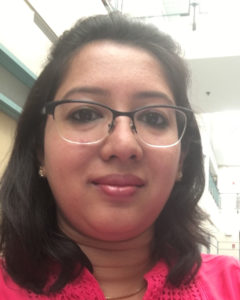
Diksha Gaur
|

Peng He
|
| Steve Roderick has spent most of his career as a teacher in high school classrooms. Currently retired from teaching he has more than three decades of experience teaching classes in biology, chemistry and physics to students from 9th through 12th grade. For ten years Steve served as science department chairman for a large suburban high school in the Boston area. He has been an adjunct professor in system dynamics at Lesley University and is currently an active member of the System Dynamics Society. Steve’s formal training is in marine biology, and he holds undergraduate and graduate degrees in biology, marine ecology, and environmental policy. Steve is working in his retirement as a curriculum developer at The Concord Consortium and serves as support to the NGSA project. |
Diksha Gaur is a doctoral student and Research Assistant at the Learning Sciences Research Institute at the University of Illinois at Chicago. She is interested in understanding the relationship between science learning and students’ social and emotional learning skills. Working on the the Next Generation Science Assessment project has provided her a great opportunity to learn about the different phases and aspects of designing assessment materials and other resources for classroom implementation. |
Peng He, Ph.D., is a Research Associate at CREATE for STEM, Michigan State University. His research focuses on crafting science learning environment to engage students in science learning, especially designing, testing, implement curriculum materials, and assessment tasks development and validation using both quantitative and qualitative methods. In the NGSA project, he works on the development and validation of the NGSA tasks and rubrics. |
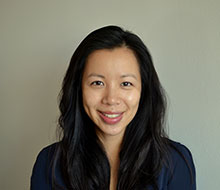
Mon-Lin Monica Ko |
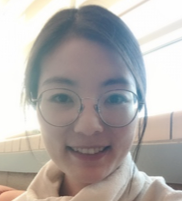
Tingting Li |
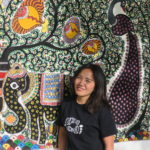
Qiuyan Wu |
| Mon-Lin Monica Ko, Ph.D., is a Visiting Research Assistant Professor at LSRI. Her research focuses on designing learning environments that support disciplinary practices such as explanation and argument in secondary science classrooms. She facilitates professional development, creates instructional tools for students and teachers, and then studies the impact of these designs in the classroom. On this project, she will be looking for how and in what ways assessment tasks get taken up in the classroom and how they can be used as opportunities for surfacing and building on what students know. |
Tingting Li is a Visiting Researcher at CREATE for STEM Institute, Michigan State University and a PhD Candidate of science education in Northeast Normal University in China. Her research focuses on curriculum design, revision, implementation, and assessment of students’ science learning. In the NGSA project, she works on unpacking work and assessment tasks development. |
Qiuyan Wu is a doctoral student and Research Assistant at the Learning Sciences Research Institute at the University of Illinois Chicago. She is interested in understanding kids’ science learning across formal and informal educational contexts and their identity development from diverse learning experiences. Before starting her Ph.D. program, Qiuyan worked at schools, and she also had opportunities to work with informal educational organizations to create science learning programs for kids from underprivileged socioeconomic backgrounds. Working on the Next Generation Science Assessment project provides Qiuyan a great opportunity to learn a research-based, rigorous way of assessing students’ science learning. |
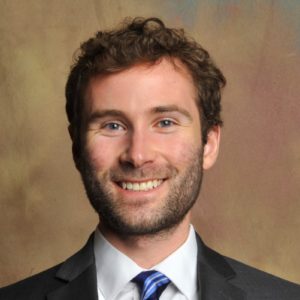
Charlie Mahoney |

Sam Severance |
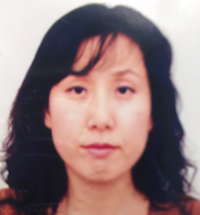
Namsoo Shin |
| Charlie Mahoney is a Research Associate in WestEd’s STEM Program. His work focuses on the tools, assessments, and practices that support science learning. This includes the design and testing of classroom technologies, as well as large scale RCTs and external evaluations. He has an MS.Ed. in Learning Sciences from Indiana University, where he worked in educational research on simulations, embodied learning, and robotics. Previously, he worked with students in Chicago Public Schools and developed project-based curricula. |
Sam Severance is an Assistant Professor of Science Education at the University of California, Santa Cruz. His research explores how to improve the design and implementation of innovations–primarily in terms of curriculum, assessments, and learning technologies–so that all K-12 students and teachers can have STEM learning experiences they find meaningful and empowering. As part of the NGSA project, Sam has designed numerous life and physical science tasks and rubrics and conducts research on how science teachers and students engage with NGSA materials. Before entering academia, Sam taught science at the secondary school level for six years. |
Namsoo Shin is an Associate Research Professor in the Counseling, Educational Psychology & Special education at Michigan State University. Her research focuses on the design and study of learning environments to promote students’ conceptual understanding and complex thinking skills for investigating and resolving issues and problems in real life. She is engaged in complex research and evaluation of various projects and in designing classroom activities, learning technology tools and assessment. Recently, her work focuses on evidence-based learning progressions to inform curriculum, instruction and assessment design and supporting learners in developing everyday problem-solving skills. |
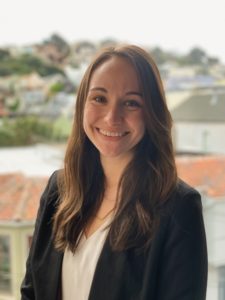
Jessica Triant |
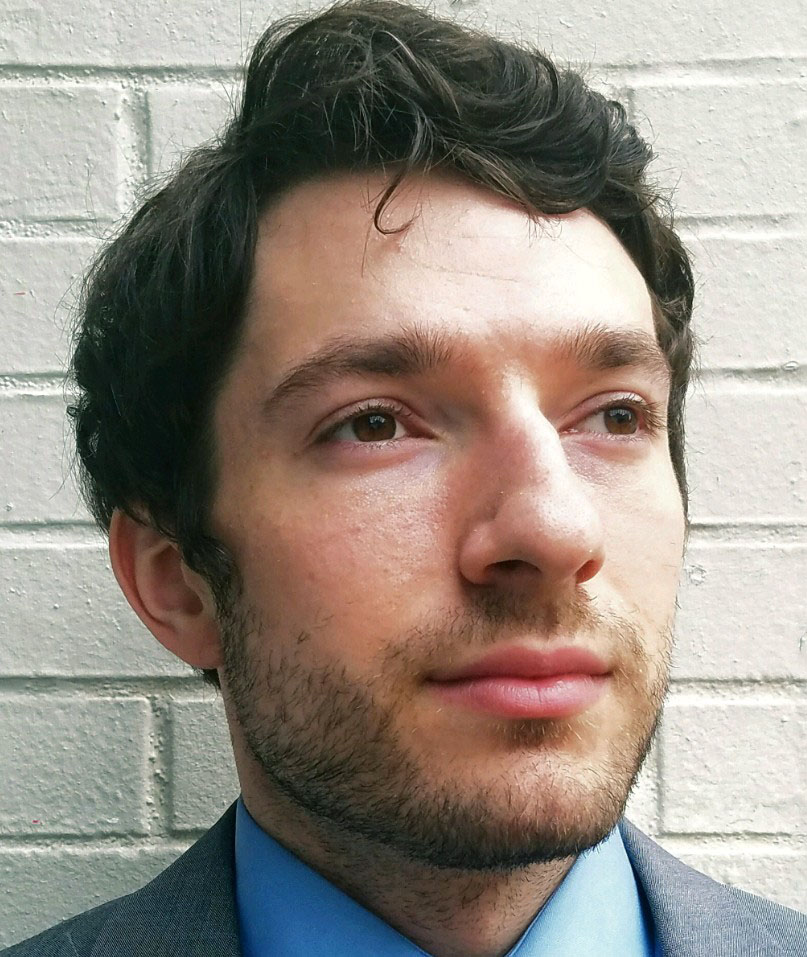
Gary Weiser |
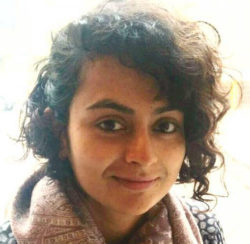
Sania Zahra Zaidi |
| Jessica Triant is a Research Associate in the Science, Technology, Engineering, and Mathematics (STEM) program at WestEd. She works on a number of different projects ranging from formative evaluation studies to larger efficacy studies. Prior to WestEd, she received her M.Ed. in Educational Research, Measurement, and Evaluation from Boston College. Her primary research interests are around teacher data literacy, assessment, and curriculum. |
Gary Weiser is a Research Associate for the STEM program at WestEd. He researches the efficacy of novel science curricula and new educational tools, while continuing his interests in science assessment and environmental sustainability. Prior to WestEd, Gary received his PhD in Science Education at Teachers College, Columbia University with a focus on developing assessments considerate of crosscutting concepts as part of a joint effort with Indiana University and the Educational Testing Service. |
Sania Zahra Zaidi is a Visiting Research Scientist at the University of Illinois, Chicago. Sania’s research interests are in the design and evaluation of assessment interventions in K-12 science. Her research focuses particularly on technology based formative assessments in science.She has worked on designing NGSS-aligned formative assessments for K-12 students. Sania has also worked with College Board in the re-design of the Advanced Placement Biology assessments for high school students. Sania holds a PhD inScience Education from the University of Michigan and has a MS in Computational Natural Sciences. |
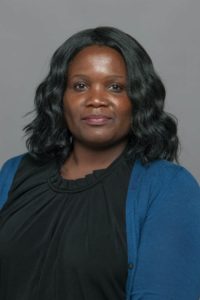
Mary Nyaema |
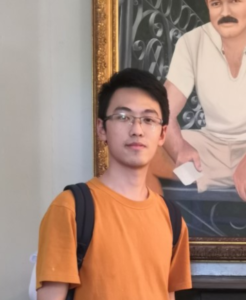
Jie Yang |
|
| Mary Nyaema, Ph. D is a program associate with the University of Illinois at Chicago. She works on developing NGSS aligned and evidence based formative assessment tasks for K-12 students. She holds a Ph. D from the University of Iowa in Science Education and has over ten years teaching experience in mathematics and science. Her research interests include incorporation of active learning strategies in science classrooms, culturally responsive pedagogies, use of technology in the classroom and bridging the gap between enacted and intended curricula. |
Jie Yang is a Visiting Researcher at CREATE for STEM Institute, Michigan State University and a PhD Candidate of science education in Beijing Normal University(BNU) in China. His research focuses on curriculum design and science assessment. In the NGSA project, he works on unpacking work. |
|
Project Alumni
Brian Gane, Krystal Madden, Consuelo Morales, Nonye Alozie, Chanya Dahsah, Jane Lee, Kevin McElhaney, Kiley McElroy-Brown, Phyllis Pennock, Gauri Vaishampayan, Xiaoming Zhai, Sam Gartzman


















